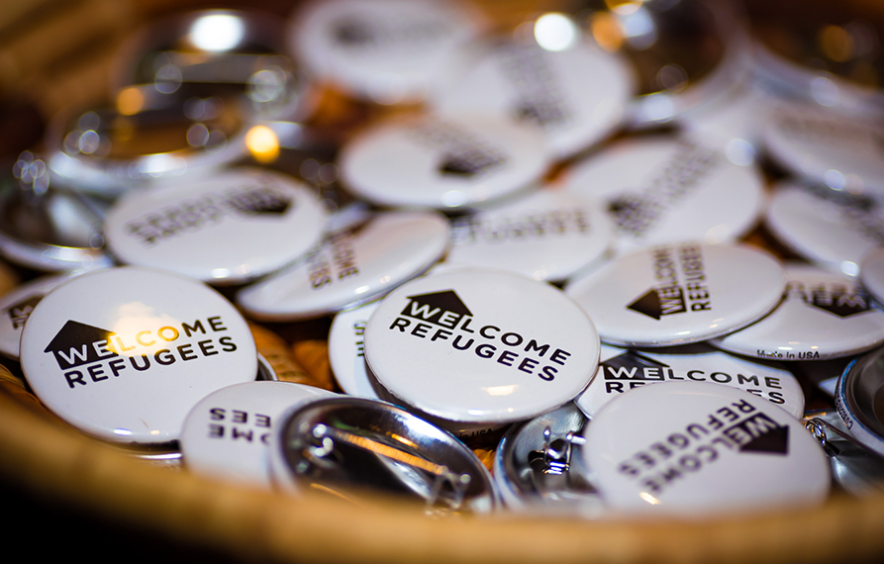
GSSW faculty Leslie Hasche and Tyrone Hamler co-convene national social work collaboration on aging research, education, advocacy and practice.

Children pay the ultimate price for living near oil refineries in Colorado, says DU social work professor Ramona Beltrán.
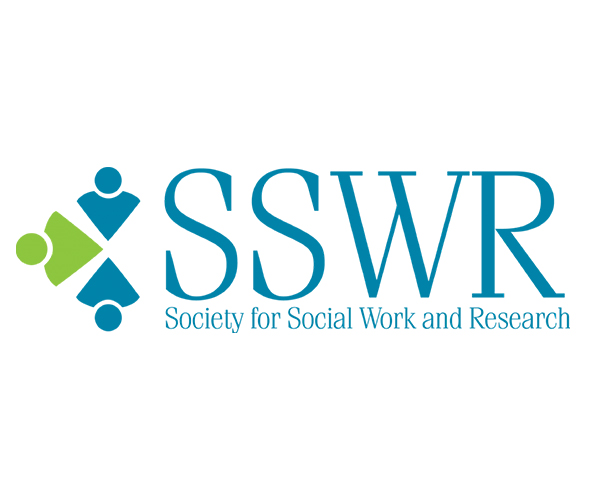
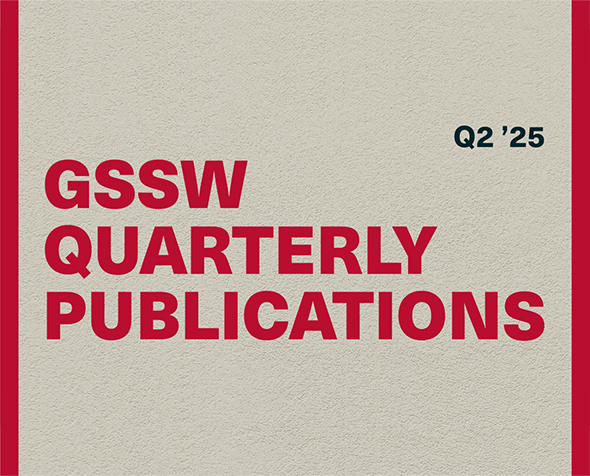
Our distinguished faculty are at the forefront of social work scholarship, producing impactful research that shapes the field and addresses pressing social issues. This page highlights their recent publications, offering a glimpse into the diverse range of topics our faculty explore—from community mental health and social justice to policy analysis and clinical practice.

GSSW Professors Kimberly Bender, Johnny Kim, Jeffrey Jenson and Eugene Walls are included in the latest Stanford University/Elsevier list of the world’s most influential scientists.
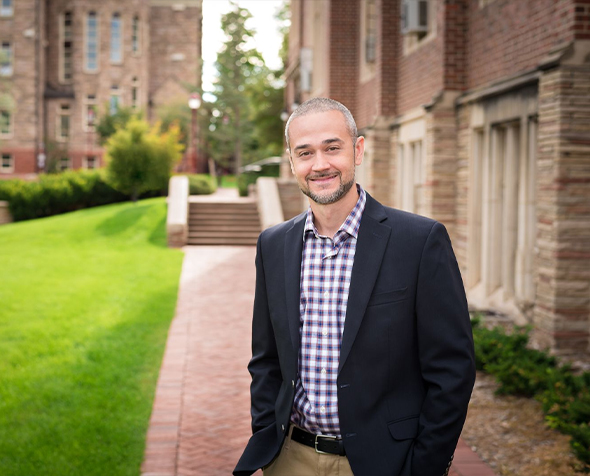
GSSW Associate Professor Anthony Fulginiti is studying suicide disclosure intention among active-duty servicemembers to improve the effectiveness of suicide prevention interventions.
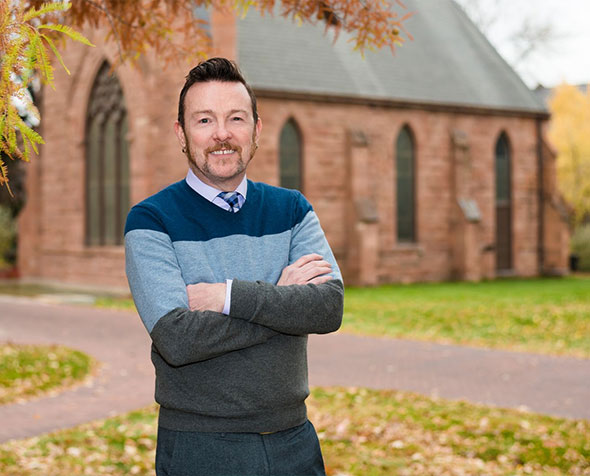
With his retirement this summer, beloved GSSW Professor Eugene Walls leaves a lasting legacy as an antioppressive social work scholar and educator.

GSSW Assistant Professor Tyrone Hamler discusses his work to advance health equity across the lifespan.





